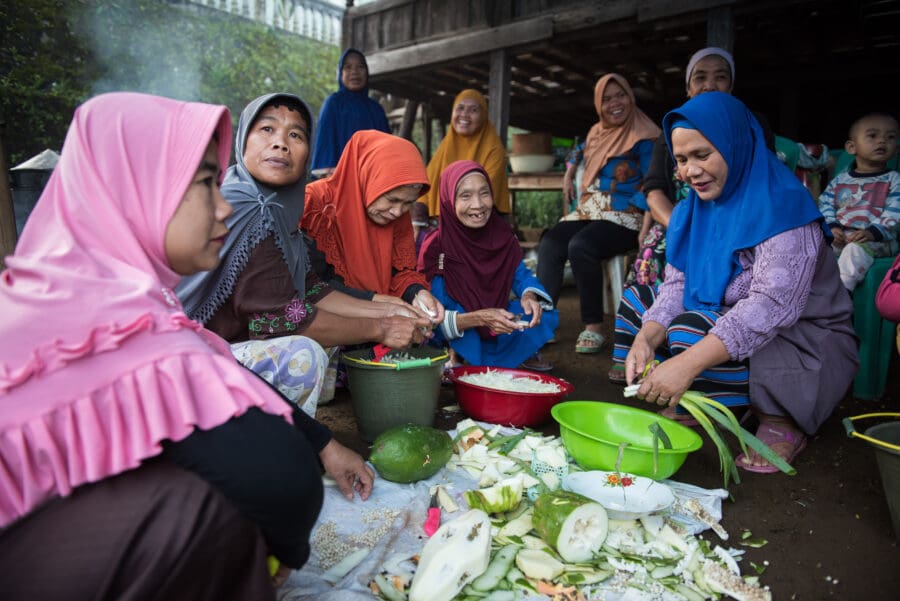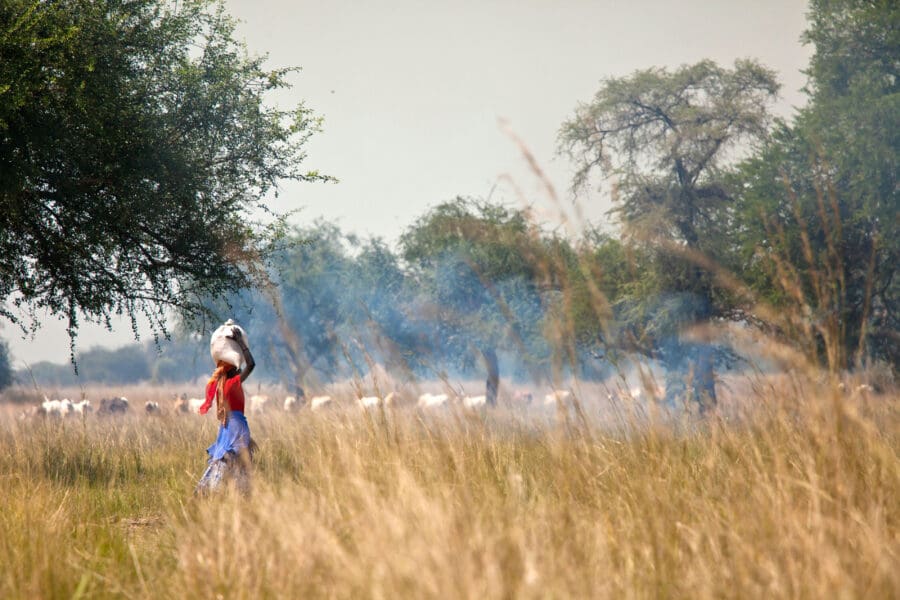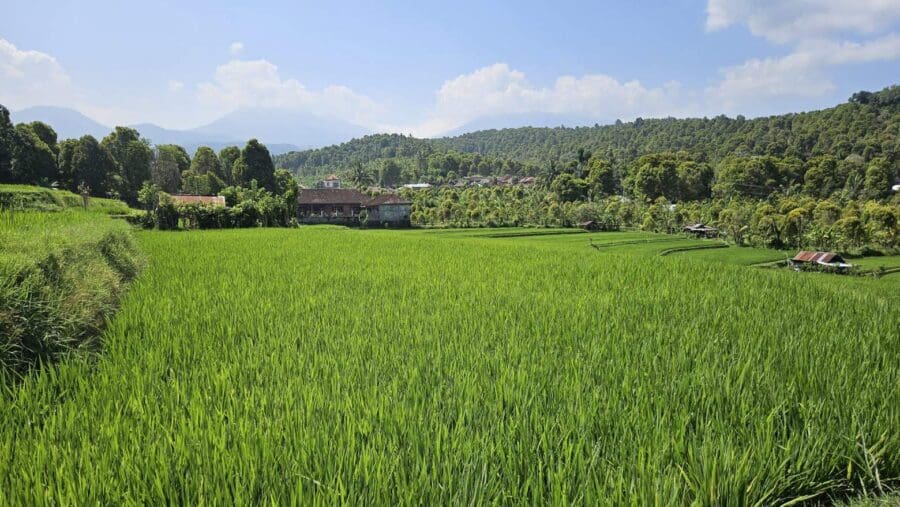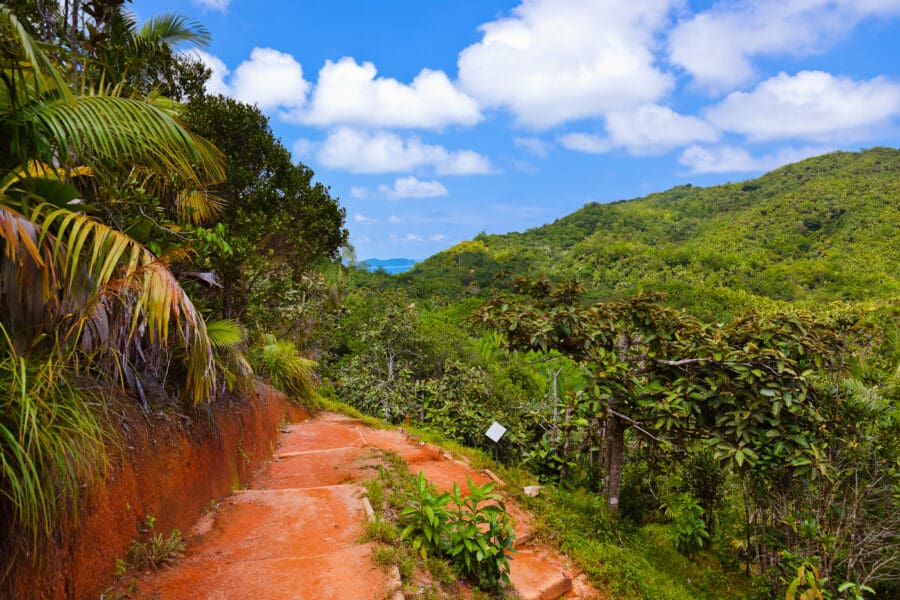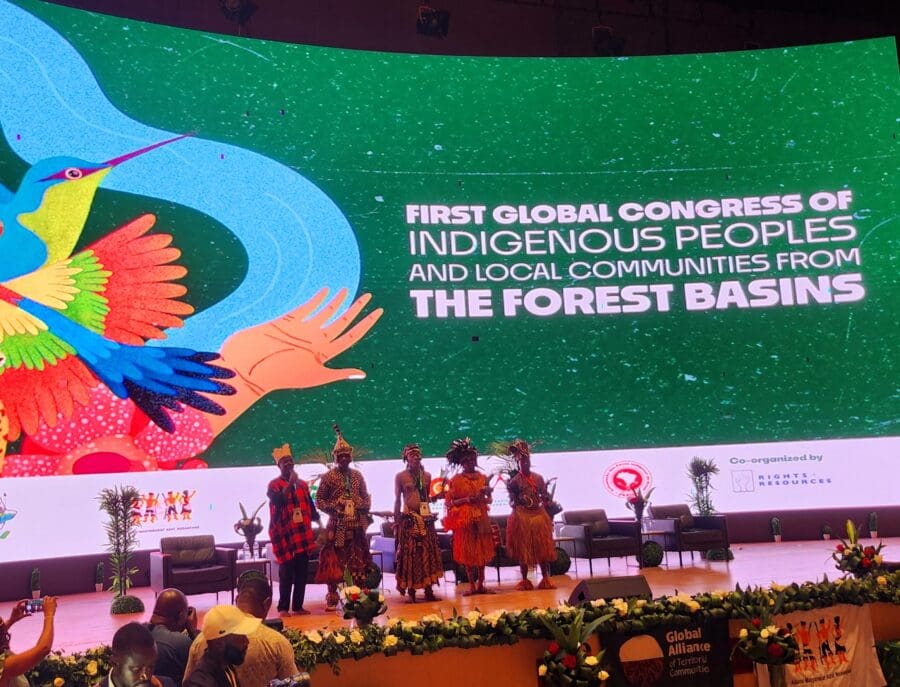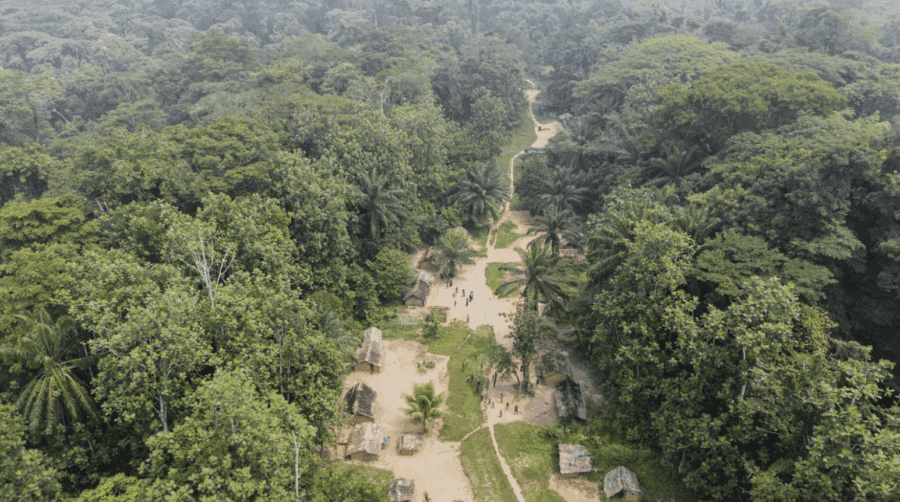of approximately 200 native forest communities, which paved the way for the next steps toward recognition of collective land rights for indigenous communities in the…
Afro-descendant and indigenous forest communities
in Colombia influenced the government and the World Bank to create a more inclusive and participatory Readiness Preparation Proposal (R-PP) for the national REDD+ strategy.
The “Participatory Cartography and Rights to Territory and Resources” conference
in Bogota set new parameters for analyzing who, why and how communities should/could utilize approaches to mapping for their needs in the future.
A historic commitment from Indonesia
RRI catalyzed a historic and unprecedented commitment by the Government of Indonesia to launch a forest tenure reform process and recognize indigenous land claims. This…
RRI and IUCN co-founded
the Tenure Champions’ National Platform in Burkina Faso, a group of civil society organizations engaged in advocacy for land and forest tenure policies favorable to…
The African Women’s Network
for Community Management of Forests (REFACOF) was admitted to Cameroon’s national platform on REDD and climate change and identified its focal points to five Cameroonian…
A road map for institutionalizing community mapping
in Cameroon led to a concrete proposal on the revision of the 1994 forest law.
RRI conducted an unprecedented legal
analysis of 61 Community Forest Tenure Regimes in 30 countries for its 2012 report on the state of forest tenure 1992-2012, in preparation for the…
RRI held two global RRI Dialogues on Forests,
Governance and Climate Change in London and The Hague which contributed to RRI’s analysis to REDD narrative and introduced RRI in discussions on food security….
RRI’s regional RRI Dialogue for Mesoamerica,
held in El Salvador, provided a space for frank and open discussion between decision makers and civil society organizations on the role of forests in…
Lowland indigenous organizations
in Bolivia bolstered negotiation capacity and participated in governmental decision-making at the governmental on key legislation related to territorial rights, representation and natural resource management.
A Regional Dialogue in Nepal
on Community Forests and Property Rights in the Context of Climate Change, held in Nepal, established new connections between national- and local-level stakeholders, and took…
RRI collaborators introduced new analysis
on effectiveness of implementation of India’s 2006 Forest Rights Act, which strengthened local and international stakeholders’ understanding of statewide reforms and national issues.
The Indonesian Ministry of Forestry
formally recognizing a need for greater indigenous and community rights through legal reforms, spurring a dialogue on palm oil and climate change issues in the…
The regional dialogue on Forests,
Governance and Climate Change held in Ethiopia fostered new links with the Land Policy Initiative (LPI), the United Nations Economic Commission for Africa (UNECA), high-level…
A strong coalition of networks
in Ghana led a well-organized campaign and influenced the Presidential Commission assigned to amend the Constitution to strengthen natural resource tenure and governance policies.
Following RRI’s advocacy,
the Liberian government’s commitment to implementation of the 2006 Forest Law, its regulations and a new Community Rights Law established a mandate for communities to…
The first convening on Global Issues in Governance in Pennsylvania,
US, exposed and connected emerging “next generation” leaders from MegaFlorestais agencies to tenure, governance and rights issues relevant to their work.
Organized the MegaFlorestais 2010 meeting in China,
which built on 5 years of annual meetings by leaders of public agencies from the world’s largest forest countries.
Compiled a new dataset
on depth of statutory tenure rights in 15 countries and made extensive forest tenure data for 40 countries available online.
RRI supported more than a dozen pilot communities
in six countries in Latin America to take their tenure and management claims to a higher level of dispute, with clear data, maps and assessment…
Supported the establishment
of the first alliance of forest community organizations from highlands and lowlands in Guatemala, increasing their visibility and voice in national policy issues related to…
Established a national level
Bolivian working group of key NGOs – linking highlands analysts to lowland analysts and practitioners – to help the key indigenous and peasant organizations analyze…
The government in Laos
agreed to a new proposal by RRI to study and learn from tenure reforms in other countries to promote tenure reforms supported by key government…

